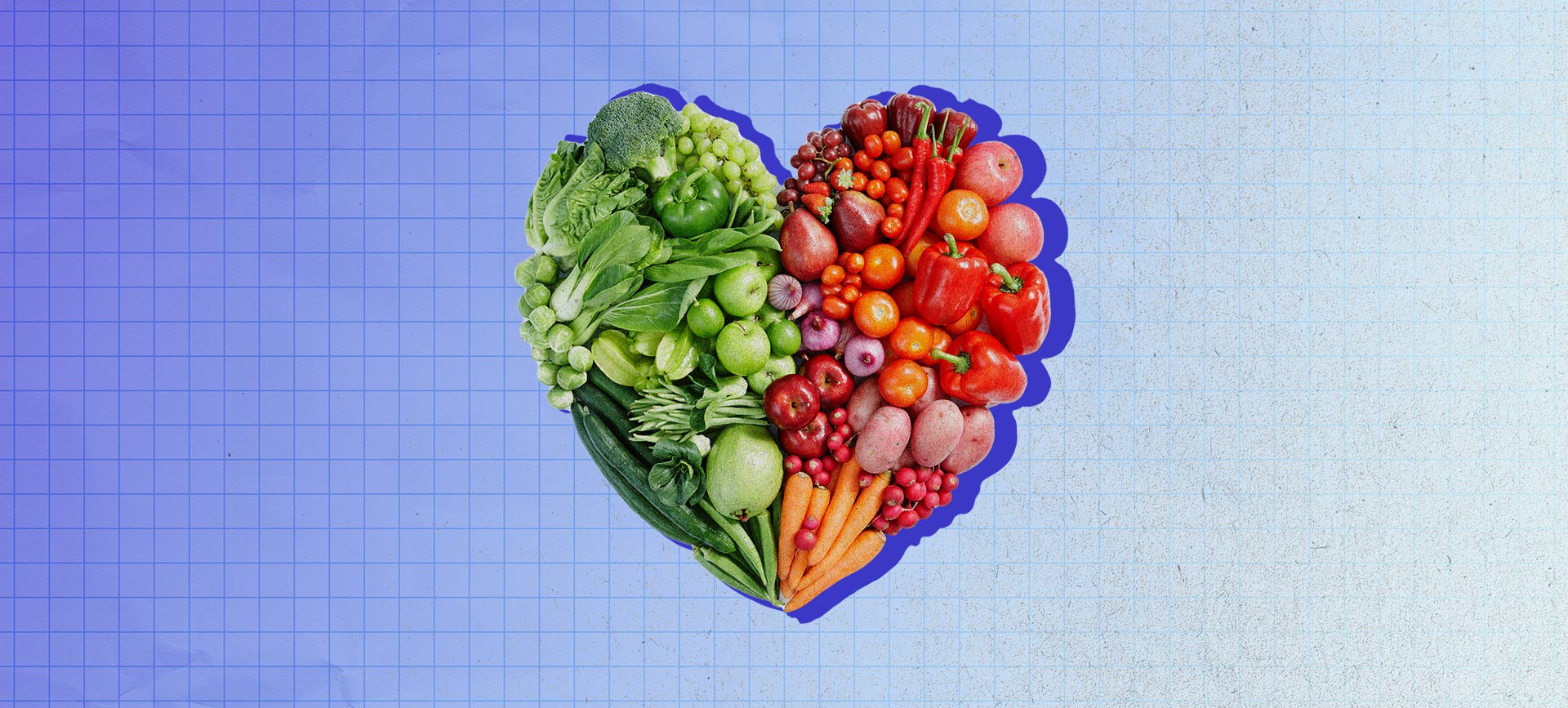In a previous article in our National Nutrition Month series, Infante named the Mediterranean diet as one that supports sexual health. The diet is characterized by adequate consumption of fruits, vegetables of all types, whole grains, high-quality protein, low-fat or fat-free dairy, and extra virgin olive oil, he said.
He also recommended the diet as a way to slow the aging process, saying foods included in the Mediterranean way of eating help prevent "inflammageing," or the chronic inflammation that helps accelerate aging.
"Inflammageing is associated with a greater susceptibility to a disability, frailty, chronic morbidity and premature death," he added.
The effects of inflammageing can be reduced through healthy lifestyle interventions, including adopting an anti-inflammatory diet, such as the Mediterranean one.
Infante said certain nutrients, such as vitamin D (found in foods like tuna, morel mushrooms and eggs) and omega-3 polyunsaturated fatty acids (found in foods like salmon, walnuts and chia seeds), have been shown to be particularly helpful in preventing inflammation and age-related diseases.










